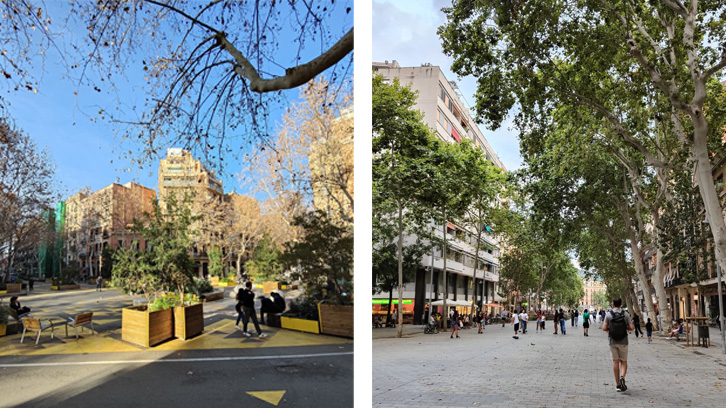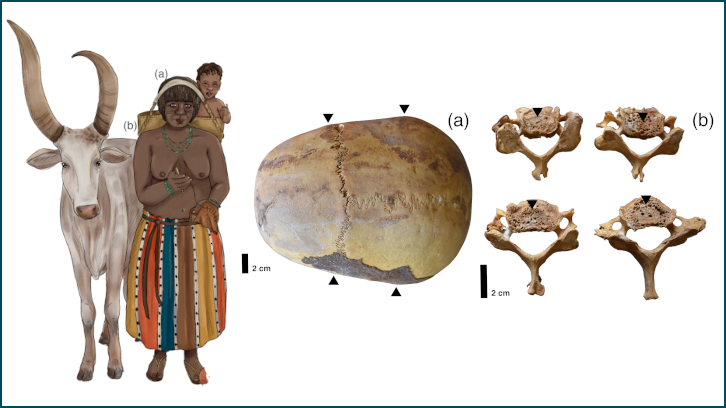Barcelona's superblocks, a case study on urban policies and political support

Researchers from the UAB's Department of Geography have analysed whether the creation of superblocks has influenced the voting behaviour of residents living near them. The teams os experts has found that Barcelona en Comú, the party that promoted this measure, obtained more electoral support than in the rest of the city in the last municipal elections.
Areas with Superblocks have resisted better the electoral backlash Barcelona En Comú (BCE) received in the last local elections of May 2023. Despite initial controversy, these bold urban redesigns have not been punished at the polls and may even could have helped the party maintain voter loyalty.
This is one of the key conclusions of a study led by the GEMOTT research group at the Universitat Autònoma de Barcelona (UAB), recently published in the scientific journal Cities. The study uses a novel approach by analysing voting data from the 2015, 2019, and 2023 local elections and its connection to various urban interventions (Superblocks, the expansion of bicycle lanes and school streets).
Using detailed census-section-level data and multivariate linear regression models, the study examined whether the presence of specific urban transformations correlates with changes in voting behaviour for BEC, the political party that implemented these transformations.
The findings reveal that in census areas where Superblocks were implemented, support for BEC declined less than in other areas. School streets and expanded bike lanes did not provoke electoral backlash, suggesting these changes were generally accepted by residents. Thus, the study points out that “policymakers need not be deterred by initial public opposition when implementing built environment interventions, as such opposition does not invariably lead to adverse electoral outcomes,” says Marta Beatriz Fernández Núñez, lead author of the study and researcher at UAB.
The research team, which includes scientists from the Institut de Ciència i Tecnologia Ambientals (ICTA-UAB), the Faculty of Health Sciences at Universitat Oberta de Catalunya, and ISGlobal in Barcelona, stresses that studying electoral responses helps policymakers avoid trial-and-error approaches. By understanding how urban policies impact political support, politicians can confidently implement sustainable transformations without fearing that unpopular measures will have to be rolled back due to lack of public backing.
This research provides important insights into the relationship between urban transformation and political support. Barcelona’s experience shows that building a more sustainable, people-centered city is not only possible but can also be politically viable. Policymakers and city planners should feel encouraged to pursue such bold interventions, confident they can garner public backing and endure over time.
Department of Geography
Universitat Autònoma de Barcelona
References
Fernández Núñez, MB, Orrego, J., Triguero-Mas, M. & Marquet, O. (2025). Electoral Consequences of Urban Interventions: The Case of Superblocks, School Streets, and Bike Lanes in Barcelona. Cities. https://doi.org/10.1016/j.cities.2025.106130


